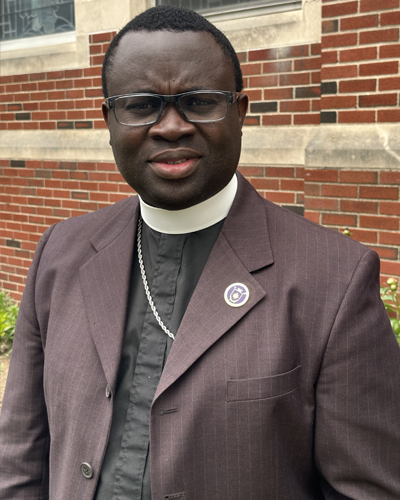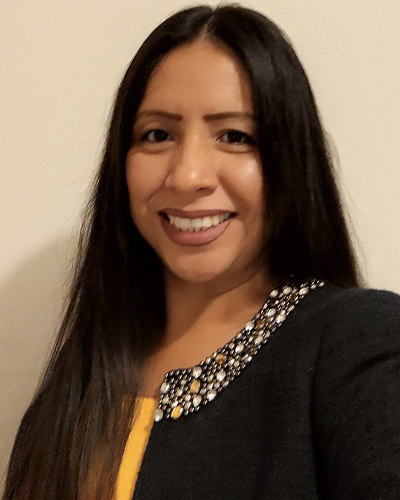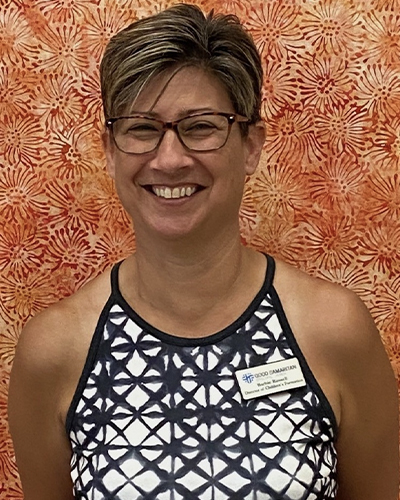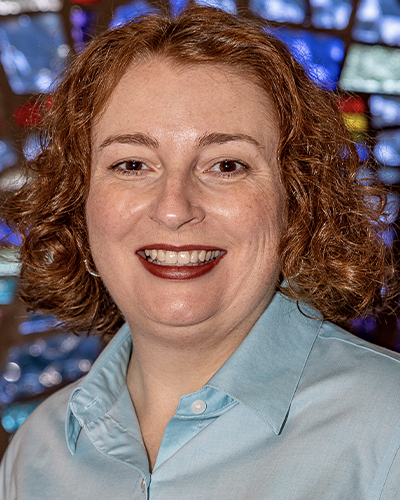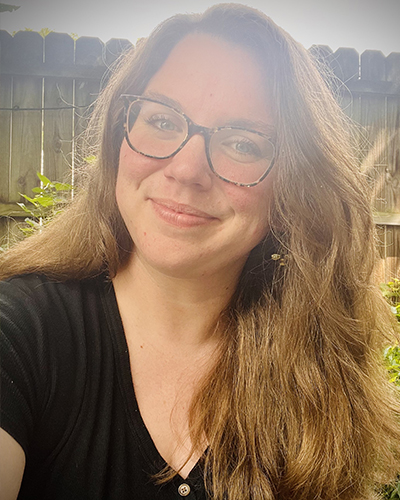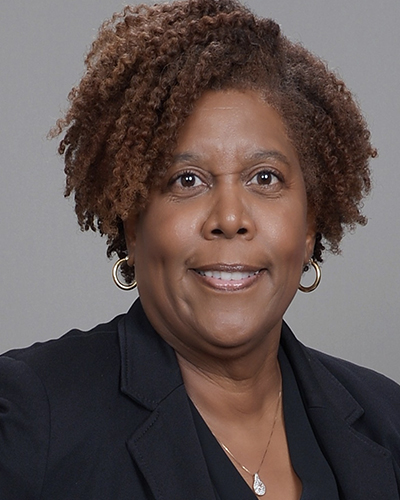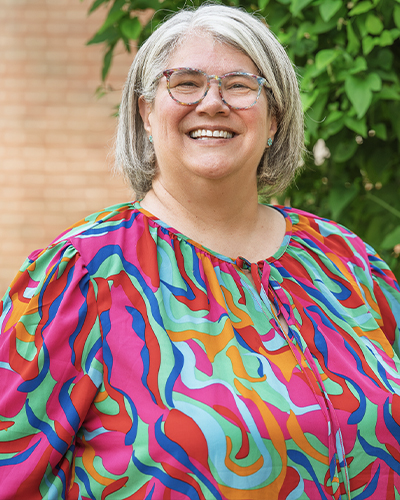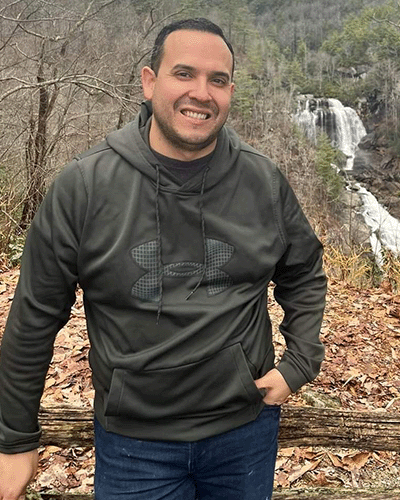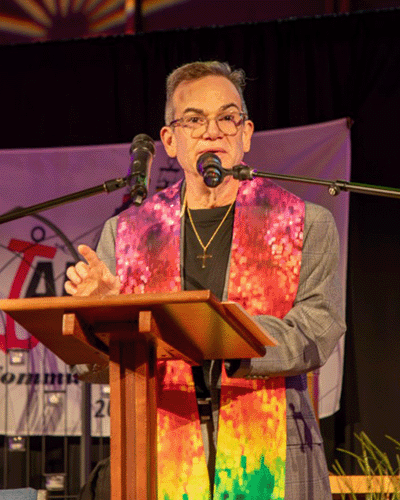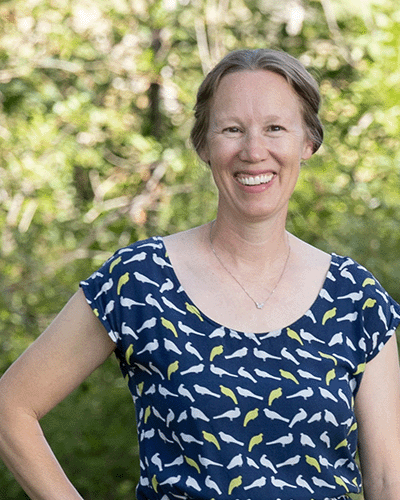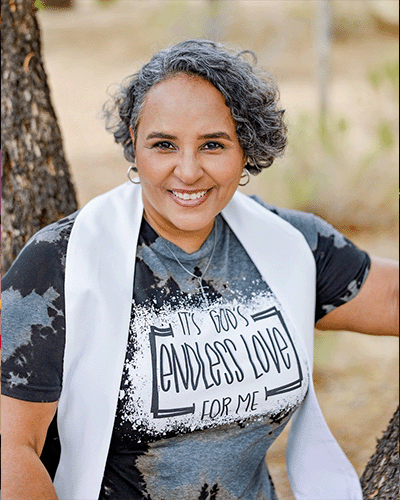Growing in God’s Word
Centering Children in Church
At CTS, we believe that centering children is a first step to strengthening and reigniting the multigenerational faith to which Jesus calls his Church. The Growing in God’s Word Initiative is a two-year cohort based lifelong learning project that, as a part of the Lilly Endowment Nurturing Children Through Worship and Prayer Initiative, seeks to empower impactful biblical storytelling for children in the local church. In contrast to the generational siloing in many contemporary churches, the earliest followers of Jesus lived in an age-integrated world where prayer and worship took place in the mixed company of adults and children. By integrating children more fully into the central worship life of their faith communities, this program hopes to achieve the flourishing of multigenerational faith relationships and spiritual growth. Such integration allows all participants to support one another in spirituality; such support requires a paradigm shift that takes seriously Christ’s assertion of children at the center of Christian community.
Program Highlights
The Growing in God’s Word initiative seeks to:
- Re-story the Christian approach to and experience of worship through child-centered study of Bible stories
- Empower individual congregations and faith leaders to implement inclusion creatively and contextually in their local contexts
- Excite enthusiasm among and connect faith leaders committed to re-centering children in worship
Relying on proven cohort-based learning strategies, this program seeks to increase the confidence and competency of faith leaders in selecting and presenting Bible stories to children. Participants will complete the 3-year program as part of a learning cohort. Three cohorts will complete the program with start times staggered by 1 year. Each cohort will have its own application period.
Timeline
- April: Application period opens
- May: Application period for upcoming cohort closes (application period for future cohorts continues on a rolling basis)
- June: Upcoming cohort announced
- Summer: Zoom orientation for upcoming cohort participants
- September, January, March: Current cohort meets for weeklong workshops on CTS campus
Phase 1
Workshops
The first phase of the program consists of three workshops that will be completed sequentially. Each course is one week (Monday – Thursday) at Christian Theological Seminary. The cohort will be equipped with resources for child-centered biblical storytelling through participation in this series of residential classes. In a communal learning format, they will develop a shared vision for a paradigm shift towards child-centric proclamation.
Children and the Bible
Children and the Bible
In this workshop, participants will be exposed to different mediums for communicating Bible stories to children, with an emphasis on Children’s Bibles and Bible storybooks. Applying cultural, developmental, pedagogical, and theological lenses, participants will formulate criteria for selecting and/or creating retellings of Bible stories appropriate for children in their context.
Children as Spiritual Persons
Children as Spiritual Persons
In this workshop, participants will learn to recognize children as Spiritual persons with attention to distinct developmental stages and their relationship to a life of faith. Participants will explore the Bible a source and foundation of spiritual sustenance and develop a deepened appreciation for children as spiritual beings.
Biblical Storytelling in Multi-Generational Worship
Biblical Storytelling in Multi-Generational Worship
In this workshop, participants will practice a variety of Bible storytelling techniques including dramatization, Biblical Storytelling, and other multi-sensory approaches. With attention to their individual contexts, participants will discern the most effective approaches for their ministry with an eye towards their ministry project proposal in phase 2 of the program.
Children and the Bible
Children and the Bible
In this workshop, participants will be exposed to different mediums for communicating Bible stories to children, with an emphasis on Children’s Bibles and Bible storybooks. Applying cultural, developmental, pedagogical, and theological lenses, participants will formulate criteria for selecting and/or creating retellings of Bible stories appropriate for children in their context.
Children as Spiritual Persons
Children as Spiritual Persons
In this workshop, participants will learn to recognize children as Spiritual persons with attention to distinct developmental stages and their relationship to a life of faith. Participants will explore the Bible a source and foundation of spiritual sustenance and develop a deepened appreciation for children as spiritual beings.
Biblical Storytelling in Multi-Generational Worship
Biblical Storytelling in Multi-Generational Worship
In this workshop, participants will practice a variety of Bible storytelling techniques including dramatization, Biblical Storytelling, and other multi-sensory approaches. With attention to their individual contexts, participants will discern the most effective approaches for their ministry with an eye towards their ministry project proposal in phase 2 of the program.
Phase 2
Ministry Project
At the conclusion of the cohort-based workshops, the program will connect participants with ministry mentors to help them apply their learning through the design and implementation of a child-centered biblical storytelling practice that is contextually and theologically appropriate to their primary service of worship. During this phase, each participant will work with the support of a site-based task force, ministry mentor, and up to $5,000 of seed money to implement a child-centered biblical storytelling project in their primary service of worship.
- Project Planning: Each participant will convene an advisory task force from within their ministry site (including at least three participants, with two youth representatives) and create a ministry project proposal that will be used to apply for a seed grant to bring the project to life. Each proposal must demonstrate local commitment to the project, with a minimum of 10% of the proposed budget coming from the local ministry site.
- Project Implementation: Once their proposal is approved, participants will begin implementing their ministry projects with the support of their local task force and program mentor. During this stage, participants and mentors will also have the opportunity to meet face-to-face to share about successes and challenges.
- Project Evaluation: As a part of their ministry project proposal, each participant commits to submitting a ministry project evaluation three months following implementation. This evaluation will reflect upon the project’s struggles and successes, as well as its overall impact on the congregation.
Phase 3
Celebration & Sending Forth
In the final phase, participants will share their learning by presenting their ministry experience with a future cohort and/or CTS class. This peer-based mentorship is intended to fuel a shared long-term vision by connecting learners across cohorts. There are also opportunities for participants who excel in completing the program and implementing their projects to serve as mentors for future cohorts. Each participant who completes all three stages of the program will be awarded a Certificate of Completion.
Apply for the Program
Ready to take the next step? Review eligibility details and program hours and fees below — then click “Apply Now” to submit your application!
Eligibility
- This initiative is open to pastors, children’s ministers, and others in a position to actionably implement a project for centering children in church worship.
- This initiative is not limited to local participants. Thanks to generous support, the program has the ability to bring interested participants in from across the nation.
- The CTS Growing in God’s Word Initiative welcomes and affirms persons of all denominations, ethnicities, gender expressions, and sexual orientations to apply and participate in the program.
Hours and Fees
Length of Program: 2 years
Anticipated Workload: Some prep work in between workshops (+/- 2 hours per month) in first year; Development, Implementation, and Evaluation of Site based ministry project (+/- 10 hours per month) in second year.
Cost: The cost of the first three cohorts of this initiative has been generously underwritten by the Lilly Endowment. All costs for attendance, including coursework, books and resources, and travel and accommodations (as needed) are provided. Contact Program Manager for more information.
Resources
Whose Kingdom is it Anyway? Jesus, Little Children, and the Poor – CTS Talk with Dr. Amy Linderman Allen
Let’s raise disciples – We should allow children to model Christ for us too – Article in Living Lutheran by Dr. Amy Linderman Allen
F.A.Q.
Is in-person attendance necessary for each workshop?
Yes. A large part of the Growing in God’s Word initiative is designed to build ministry relationships through formal and informal interactions during the in-person workshops. The workshops are also designed to build upon one another. Therefore, the cohort participant must attend each workshop in person at Christian Theological Seminary.
Can more than one person from the same ministry site apply?
Technically, yes; but only one person from any given ministry site will be selected as a cohort participant for the program. This is intended to allow for more diverse experiences to be represented in the cohort and for the impact of the initiative to reach more people through each ministry site.
If there are multiple people involved in children’s ministry at your ministry site, we recommend that the person with the most time availability and/or passion for children’s ministry apply to be a cohort participant for the initiative. In the second year of the program, participants will be asked to build an advisory committee from their ministry site and other interested ministry partners (lay and professional) will be able to participate in the project planning part of the initiative as a part of that committee. Moreover, cohort participants are welcomed and encouraged to form (formal or informal) committees at their ministry site sooner if it is possible, such that they can share their learnings and the group can work together to develop a plan that is meaningful for your ministry and context.
Do I need to be a paid ministry professional in order to participate?
No. Being a full- or part- time ministry staff person is not necessary to apply for the initiative. Any and all ministry leaders who work with children or have a passion for working with children are invited to apply–including motivated lay volunteers.
What is an example of a successful ministry project?
This is a brand-new initiative, so in a lot of ways, the sky’s the limit! Our hope is that your dreams and designs for your ministry project will grow and develop during your participation in the first year of learning workshops. There is no need to know what your ministry project will entail in order to apply (in fact, even if you think you know, we hope you’ll be open to the learning process to allow your idea to develop with you!).
That said, a few key ideas to keep in mind:
- Your ministry project should be oriented towards children ages 2-12 years old. (Intergenerational components are great too, but this age group needs to be the main focus).
- Your ministry project should be applicable to your primary service of worship, which we are assuming is an intergenerational worship environment (e.g. it should not be oriented around age-specific Children’s Church)
- Your ministry project should incorporate engagement with Scripture (hearing, telling, processing, embodying, etc.)
We really do want you to think broadly and creatively about your specific ministry context, but a couple of ways that we could imagine this taking shape might include:
- The addition of Scripture specific resources to a pray-ground (or the implementation of a pray-ground with these resources). For example, materials for learning about the parables during a sermon series on Jesus’s parables.
- Adaptation of the church lectern to make it accessible for children to read the daily Scripture lessons (includes purchasing a height adjustable reading desk, adding height adjustable platforms, modifying the worship space with ramps to allow access to children of all abilities, purchasing a big print or easier reading level Scripture book, etc.)
- Training a Scripture-by-Heart or Drama Storytelling group to present Scripture stories on a weekly or monthly basis.
What’s the difference between cohort participants and ministry mentors?
Cohort participation is a 2-year commitment that involves: 3 on-site workshops at CTS (year one) and development and execution of a ministry project at your ministry site (year two). Cohort participants must have the support of their ministry site to implement a ministry project for children (including volunteers willing to serve on an advisory team and financial support of the ministry project at 10% of cost). Cohort participants can expect to have travel, lodging, and program costs for their three visits to CTS covered and to receive a grant of up to $5,000 to fund the remaining 90% of their ministry project cost. Cohort participation will begin in Fall 2025.
Ministry mentorship is a 1-year commitment that involves: 1 on-site visit to CTS (to meet with their partnered cohort) and monthly consultation on their ministry mentee regarding the development and implementation of their mentee’s project. All cohort participants will have the opportunity to apply to serve as ministry mentors following the completion of their ministry project. Ministry mentors can expect to have travel, lodging, and program costs for their visit to CTS covered and to receive an honorarium of $1,500 (divided into three disbursements) in appreciation for the investment of their time. Ministry mentorship will begin in Spring 2026.
Should I apply as a cohort participant or a ministry mentor?
The same application is used for both roles. You are welcome to request to participate in both the Growing in God’s Word learning cohort and to serve as a ministry mentor in your Growing in God’s Word application; however, you cannot serve as a ministry mentor at the same time that you are completing the cohort program. If you select interest in both roles, the application will ask you to select your preferred order of participation.
In deciding between the two programs, we recommend that you consider the following differences:
- Available Time (learning cohorts are both spread across a longer period and require a greater monthly time commitment)
- Ministry Site Investment (learning cohorts require more investment from your local ministry site, including both volunteers and funding)
- Ministry Objective (learning cohorts are intended to culminate in a new/renewed children’s ministry program; ministry mentorship is intended to culminate in the sharing of already successful children’s ministry experiences and new/renewed relationships with colleagues in ministry)

